Why Do Random Acts of Kindness Uplift Your Mood, and How Can You Practice Them Daily?
Have you ever felt a surge of happiness after helping someone, even in a small way? Random acts of kindness aren’t just good for others—they have a profound impact on your mental and emotional well-being. But why does kindness work this magic, and how can you make it a part of your daily life? Let’s uncover the science and secrets of this uplifting practice.
Why Do Random Acts of Kindness Uplift Your Mood?
1. Kindness Releases “Feel-Good” Hormones
Acts of kindness trigger the release of oxytocin, often called the “love hormone,” which promotes bonding and emotional warmth. They also boost serotonin and dopamine levels, improving your mood and fostering feelings of happiness.
💡 Example : Giving a heartfelt compliment to a stranger can leave both of you smiling for the rest of the day.
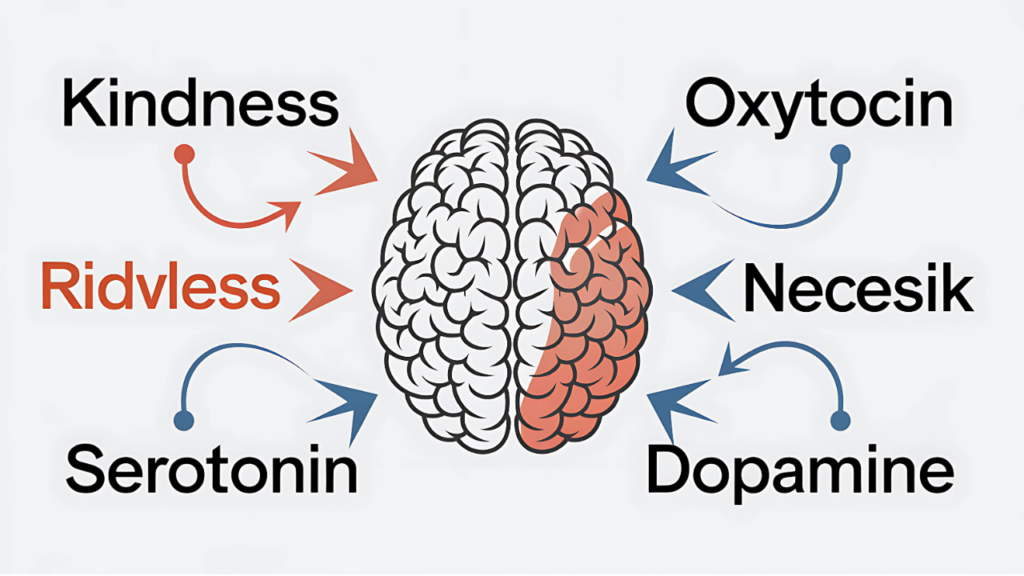
2. Kindness Reduces Stress
Helping others lowers cortisol, the stress hormone, creating a calming effect. It also promotes feelings of connection, reducing loneliness and anxiety.
🔬 Fact: A study published in Emotion found that performing acts of kindness can decrease stress and improve overall well-being.3. It Creates a Positive Ripple Effect
When you perform an act of kindness, the recipient often feels inspired to do the same, creating a chain reaction of goodwill and positivity.
💡 Example : Holding the door open for someone can prompt them to pay it forward, spreading kindness in a matter of minutes.

4. Kindness Enhances Self-Worth
Helping others reinforces your sense of purpose and makes you feel valued. Knowing you’ve made a difference in someone’s day can boost your confidence and overall happiness.
How Can You Practice Random Acts of Kindness Daily?
1. Start Small and Personal
Kindness doesn’t have to be grand. Simple gestures, like smiling at a stranger or saying “thank you,” can have a significant impact.
💡 Tip : Compliment someone on their outfit or hold the elevator for someone running late.2. Carry Out Anonymous Kindness
The magic of kindness can be even more rewarding when done anonymously. Leave a note of encouragement or pay for someone’s coffee without revealing your identity.
💡 Example : Leave a sticky note that says, “You’re amazing!” on a public bulletin board.
3. Volunteer Your Time
Dedicate a few hours each week or month to volunteer at local charities, shelters, or community centers.
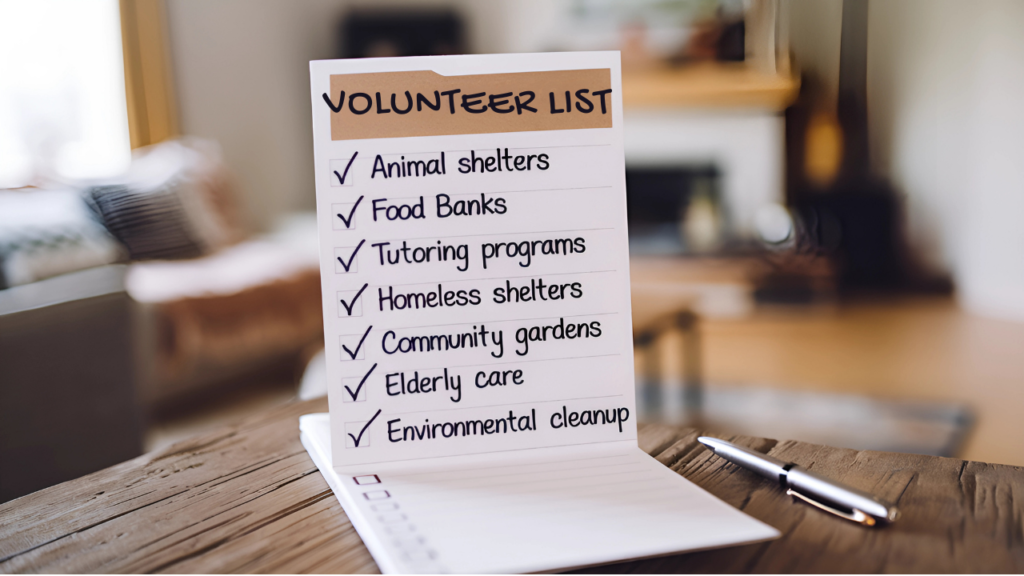
4. Be Kind to Yourself
Random acts of kindness aren’t just for others—extend them to yourself. Practice self-compassion, take breaks when needed, and treat yourself with the same care you show others.
5. Plan Ahead for Kindness
Keep small tokens of kindness ready, such as thank-you notes, snacks for delivery drivers, or spare change for donation jars.
💡 Example : Carry a few gift cards to hand out to someone in need or as a surprise treat for a friend.
6. Leverage Technology
Use social media or apps to spread kindness, like sharing positive quotes, thanking someone publicly, or donating to online causes.
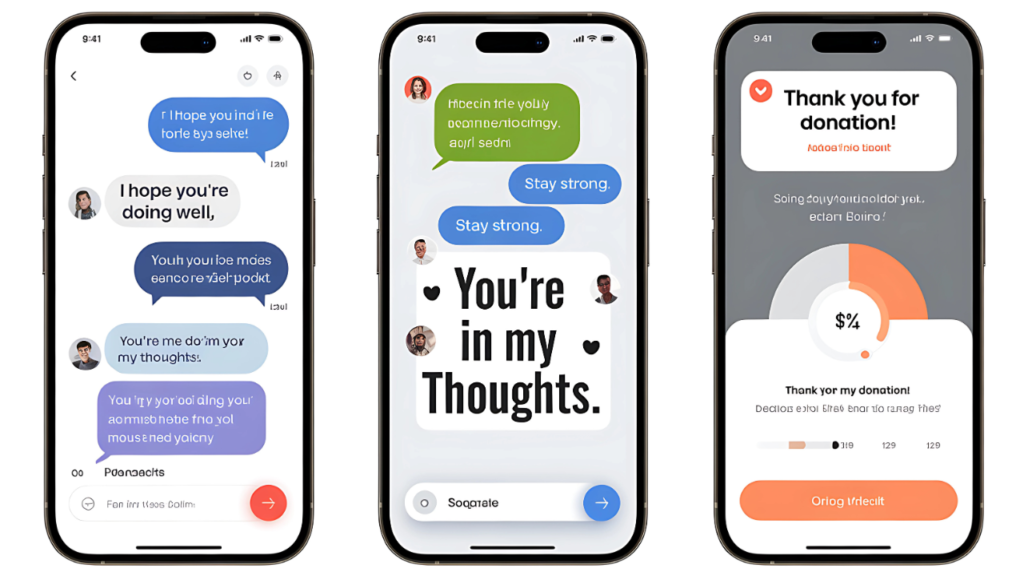
The Science of Kindness and Happiness
Studies show that people who regularly perform acts of kindness experience:
- Increased happiness and life satisfaction.
- Reduced symptoms of depression and anxiety.
- Improved physical health due to lower stress levels.
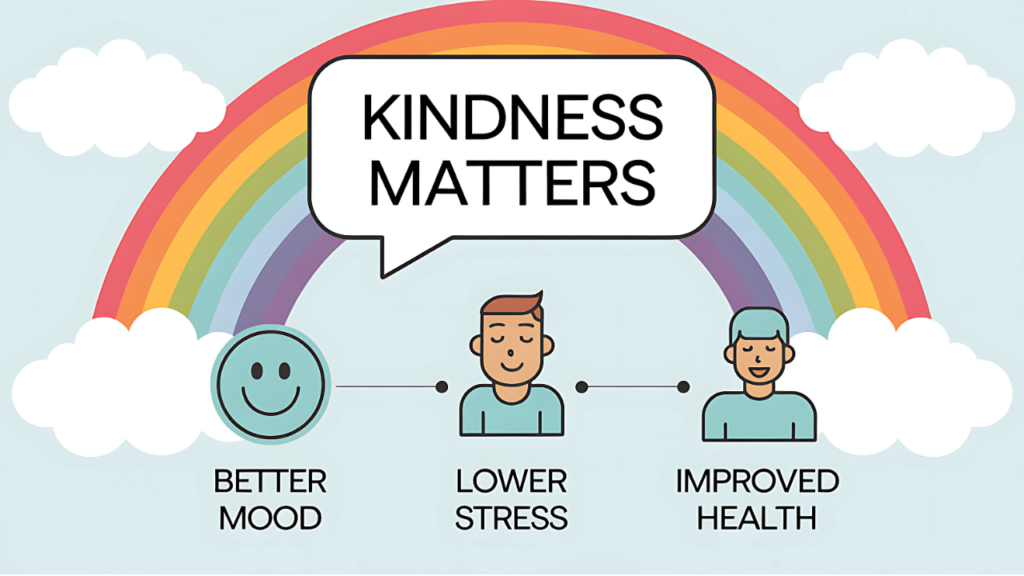
Real-Life Examples of Daily Kindness
- Compliment a colleague on their hard work.
- Leave a small tip for a barista or server with a kind note.
- Share your umbrella with someone caught in the rain.
- Let someone cut in line at the grocery store when they’re in a rush.
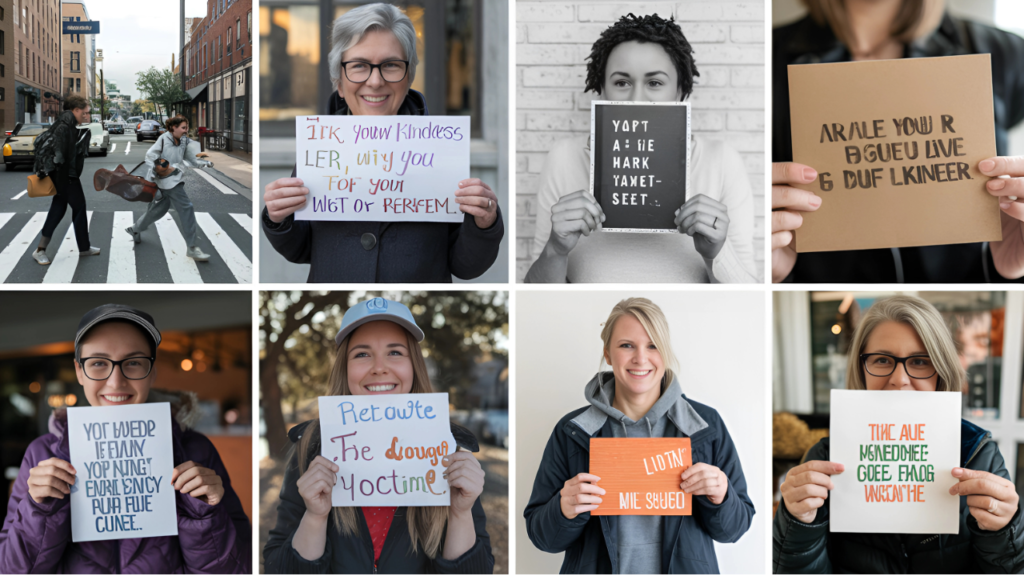
Conclusion: Kindness as a Lifestyle
Random acts of kindness are small but mighty gestures that have the power to transform your day and the lives of those around you. By practicing kindness daily, you not only uplift others but also create a ripple of positivity that can make the world a little brighter.
What’s one kind act you can do today? Start small, and watch the magic unfold.









